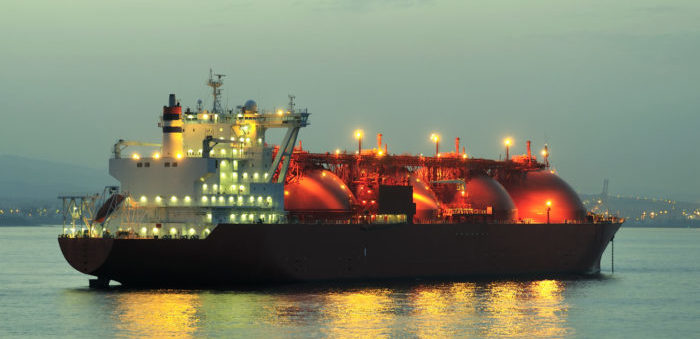The U.S. Department of Energy (DOE) has announced that it would now only require U.S. LNG exporters to report the country or countries of LNG deliveries, not country of end-use, to satisfy the DOE’s destination reporting requirement.
Moreover, DOE announced additional efforts to streamline the reporting requirements for LNG export supply sales and contracts.
By streamlining the destination reporting requirements, the Department of Energy is taking an important deregulatory step forward in order to better provide reliable U.S. LNG to our friends and allies abroad.
U.S. Secretary of Energy Rick Perry stated in the announcement.
The policy change will address the reporting of LNG delivery destinations and the types of supply and sales agreements LNG exporters must file with DOE. At present, DOE requires some LNG export authorisation holders to report the final country of end-use for LNG exports, which can differ from the country receiving the initial physical delivery of LNG.
[smlsubform prepend=”GET THE SAFETY4SEA IN YOUR INBOX!” showname=false emailtxt=”” emailholder=”Enter your email address” showsubmit=true submittxt=”Submit” jsthanks=false thankyou=”Thank you for subscribing to our mailing list”]
DOE is indicating via a new policy statement that reporting the country or countries of LNG deliveries (not country of end-use) will satisfy the destination reporting requirement.
With this change in reporting requirements, LNG exporters are still required to continue the current ban on LNG exports to sanctioned countries.
Furthermore, DOE is seeking to clarify via a proposed interpretative rule which types of supply and sales contract agreements need to be reported and when they must be filed.
According to current regulations, it is required of all long-term LNG export authorisation holders to report all long-term, greater than two years, supply and sales contracts. This proposed interpretive rule is open for public comment for 30 days.






























































